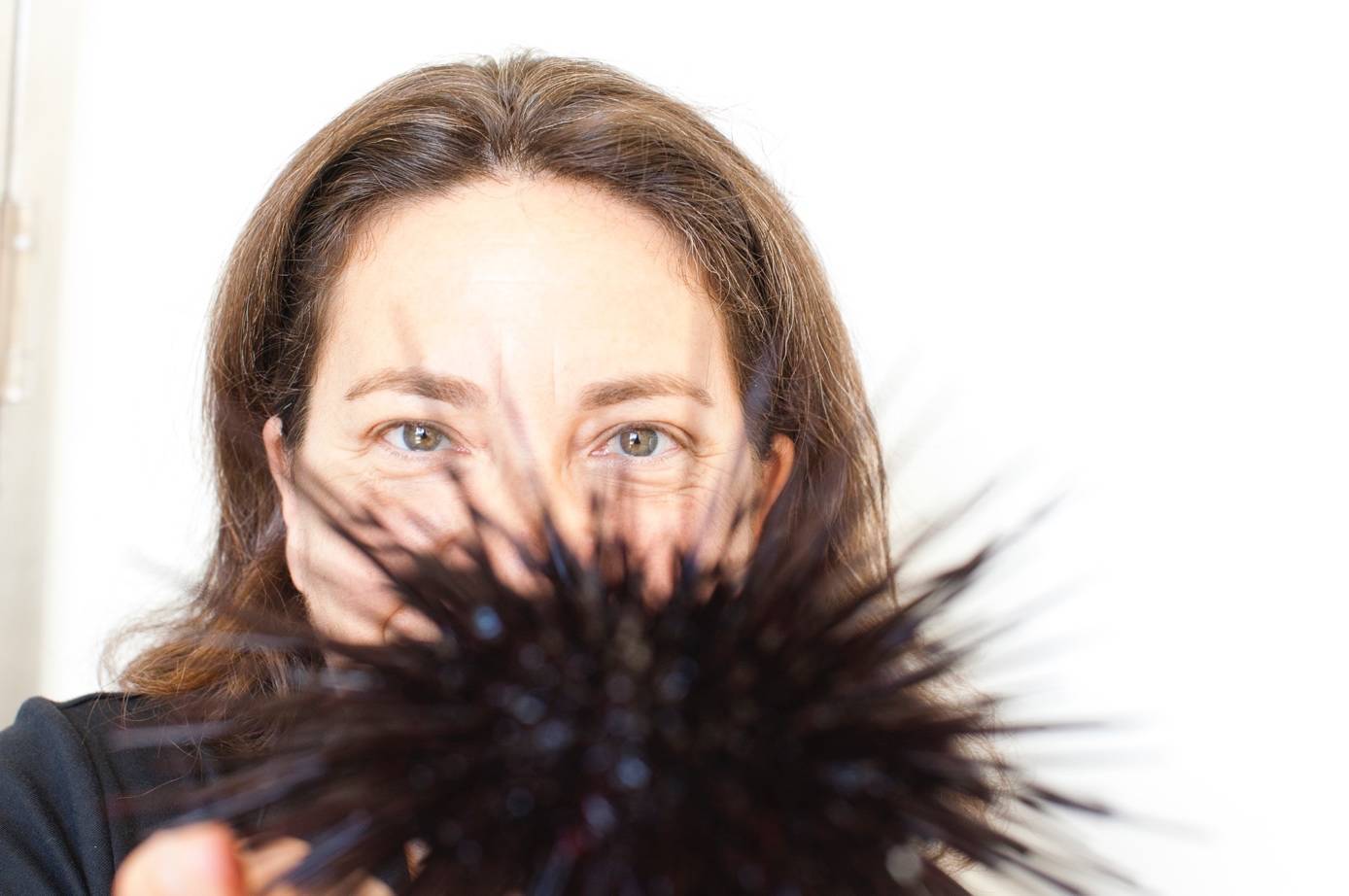Submitted by Friday Harbor Labs.
Friday Harbor Labs is excited to welcome, Dr. Gretchen Hofmann from UC Santa Barbara, our 2021 Illg Distinguished Lecturer at 7 p.m. on Aug. 4 at Brickworks. Hoffman will be discussing “Marine heatwaves: what are we learning, what we can expect, and some talk about Hot Moms and Cool Dads.”
Please join us for this amazing free public lecture!
The following biography is from Hofmanlab.com:
Dr. Gretchen Hofmann is a marine biologist whose research focuses on the responses of marine species to future ocean change such as ocean acidification and ocean warming. Working in places as diverse as the coastal oceans of California and Antarctic waters, Hofmann and her lab group are trying to understand whether and how marine species can adapt to future changes in the ocean. Studies in the lab focus on how organisms work in the face of these changes, whether species have the physiological flexibility to respond to future oceans and whether adaption is possible.
Hofmann and her lab personnel are involved in research on ocean acidification – the gradual reduction in ocean pH by the seawater’s uptake of atmospheric CO2. Recent government reports project ocean acidification to increase over the next century and have significant impacts on shell-forming organisms as they build and maintain their hard structures. However, the overall physiological response that organisms will have under these “acidified” seawater conditions is still being determined. Studies by Hofmann and her collaborators are identifying key challenges for marine animals such as sensitive larval stages of marine species in acidified waters. She is also investigating the combined effects of temperature and acidity, in order to better understand how marine species will cope with the dual challenges of global warming and ocean acidification in the coming century. A major project in the Hofmann lab, funded both by funding from the UC and the U.S. National Science Foundation, is to understand the ocean acidification seascape on the coast of California and to predict the responses of ecologically and economically key species. This project involves the establishment of a pH sensor network at sites in coastal California and the “co-location” of these sensors with biological measurements. The research is revealing that patterns of natural variation may create refuges from future ocean acidification, something that is of great interest to managers in California that work within the NOAA Channel Islands Marine Sanctuary and the Channel Islands National Park. In addition, Hofmann and her lab group have an ongoing study on the impacts of ocean acidification on marine organisms from coastal regions of the Southern Ocean in Antarctica. Funded by the U.S. National Science Foundation, this project links oceanographic measurements of pH to the physiology of organisms that live in these subzero waters.
Hofmann is committed to communicating her science to broad audiences and sharing her research results with groups that make decisions about ocean change in California. In support of this philosophy of “knowledge to action”, she is a member of California’s Ocean Protection Council’s recently formed Ocean Acidification and Hypoxia Science Panel. She has served as a U.S. delegate to the IPCC Workshop on Ocean Acidification in Okinawa Japan. Hofmann contributed to the National Research Council’s recent report and recommendations on ocean acidification policy and she is a Lead Author on Chapter 24, Oceans and Marine Resources, in the Third National Climate Assessment. Finally, Hofmann is an Aldo Leopold Fellow (2009) and works to communicate her science to the public, policymakers and students.



